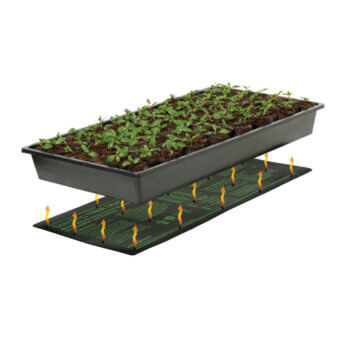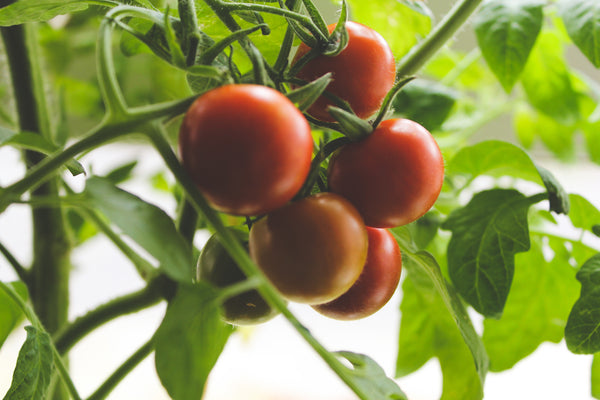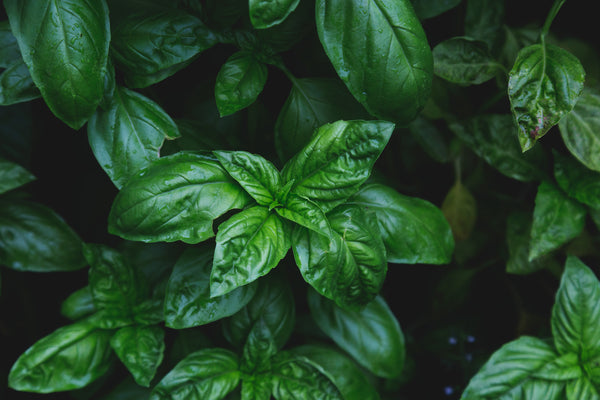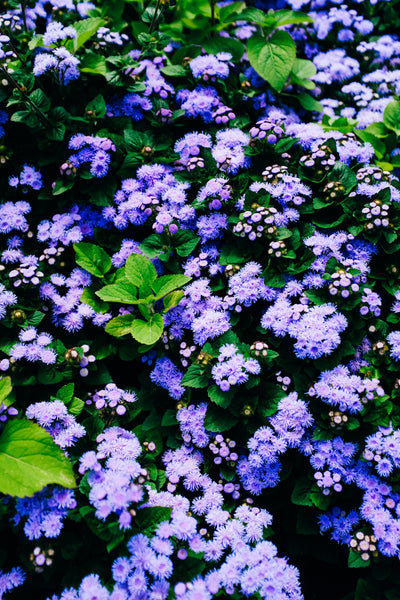 There are loads of ways to start seeds indoors in the late winter and early spring. You can use really basic tools like egg cartons on a windowsill, and this will achieve a perfectly reasonable end for most types of seeds. But I’m used to starting a very high number of seeds in the spring, so I’m looking for ways to make the process highly successful and highly efficient. Here are some of my favourite seed starting tools.
There are loads of ways to start seeds indoors in the late winter and early spring. You can use really basic tools like egg cartons on a windowsill, and this will achieve a perfectly reasonable end for most types of seeds. But I’m used to starting a very high number of seeds in the spring, so I’m looking for ways to make the process highly successful and highly efficient. Here are some of my favourite seed starting tools.
Professional V Plug Trays: I suppose the “professional” implies that these trays are used by professional growers, as I’m sure they are in some cases. But don’t be put off if you’re an amateur gardener. The ‘V’ refers to the slight taper, as each cell gets narrower toward the bottom. This really makes removing the plugs much easier. These trays are constructed from a more rigid plastic than the 12 and 24 cell trays, so they are better suited to shifting around in the greenhouse. I prefer the 128 Cell Trays for seeding lettuces, Brassicas, and other plants that will be transplanted quickly and methodically. For peppers and tomatoes, I prefer the slightly larger cells of the 72 Cell Trays. The extra room means seedlings can sit in them for one or two weeks longer before they must be potted on. Tomato and pepper seedlings are slow growing, so I use this as a general rule.
Both types of trays produce plugs (individual seedlings in a manageable “plug” of soil) that are easy to handle and transplant. Always handle seedlings by the root ball, as the stems and leaves can easily be damaged. Both types of trays (and all the others) are designed to fit inside the so-called ten-twenties or Seedling Germination Trays for catching drips when starting indoors. If starting seeds on a larger scale in a greenhouse, the freely draining 10 x 20 Econo Lightweight Trays add extra structural support to the seedling flats. All of these products are reusable, and should last many seasons.

Seedling Warmers: The gentle heat provided by Seedling Warmers ensures that the soil in each plug tray is several degrees warmer than the ambient air temperature. In nearly all cases, this speeds germination and causes it to be more even, so the seeds all germinate at once. And that is helpful for later production – so they can all be transplanted at a uniform size. The heating mats are designed to be used where they might get wet, and they’re available in various sizes to fit from one to four trays at a time.
Once seedlings germinate, remove their trays from the heat mats. The heat will cause artificially fast growth of the seedlings, which is something to avoid. For the stage that your seedlings remain indoors, you want slow, even, compact growth. So simply move the trays off the mats and keep the ambient temperature above 10°C (50°F).

Lights: Even in a greenhouse setting, supplemental light is not a bad idea. At the time of writing, in late February, the fact that the days are getting longer is really noticeable. But we have a long way to go. The sun passes the day low, close to the horizon, so the angle of the light casts long shadows.
Supplemental light helps to keep seedlings stout, strong, and compact. When starting seeds indoors, I would consider artificial light absolutely necessary. Many products have been developed for the purpose, including the SunBlaster 6400K T5. This fluorescent tube puts out exactly the kind of light that plants need for foliar (leafy) growth. The lights use very little electricity, and come in convenient sizes depending on the scale of your seedling project. The 24″ T5 is the ideal size for one plug tray, although I would recommend two T5’s, side by side, to provide more even light to the whole tray. Even a single T5 will help. The SunBlaster system is modular and easy to scale up or down. They have handy stands, clips, reflectors, and braces for all their lighting systems. Better yet, the super high-efficiency LED technology is finally coming down in price. They are gradually releasing LED tubes that can be swapped out for the T5’s using the same ballasts. And a whole new line of LED tubes that combine various light spectra are in development.
The thing to remember is that all of these products have been thoughtfully designed to increase success for serious growers. They have been “play tested” and tweaked over years, and they really work. Used together, they will improve seedling production and produce happier, healthier transplants.



